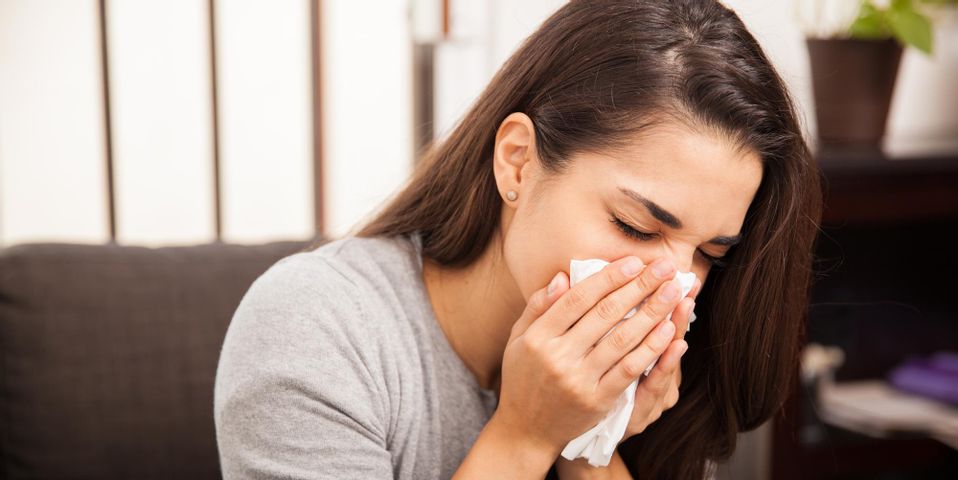A Guide to Common Spring Allergens in Ohio

For those in Ohio, seasonal allergies tend to be at their worst during the springtime. This is primarily because all of the most common allergens thrive once both temperature and humidity start to rise. If you have seasonal allergies, here’s what you should know about the biggest culprits in the Buckeye State during the warmer months.
Pollen
Pollen is a powdery substance comprised of microscopic particles that facilitate the growth of flowers. Generally speaking, the pollen produced by flowers is rarely an issue for those with seasonal allergies because it’s transported from bud to bud by bees. Airborne pollen, on the other hand, can pose a significant problem for people with allergies, asthma, and other respiratory conditions.
In Ohio, the most problematic pollen is usually produced by trees. Examples include birch, maple, sycamore, oak, walnut, elm, hickory, ash, and pine trees. Not only is tree pollen airborne, but it also tends to be sticky. As such, it can coat surfaces, causing a consistent problem that can be difficult to address. Grass pollen, on the other hand, is more of a summer nuisance.
 Thankfully, when the pollen count is exceptionally high, there are steps you can take to reduce the risk of an allergy attack. Keep the windows in both your home and vehicle closed, and try to stay indoors as much as possible. If you can’t stay inside all day, avoid going out between 5 a.m. and 10 a.m., which is when plants release most of their pollen. Finally, take your allergy medication as prescribed.
Thankfully, when the pollen count is exceptionally high, there are steps you can take to reduce the risk of an allergy attack. Keep the windows in both your home and vehicle closed, and try to stay indoors as much as possible. If you can’t stay inside all day, avoid going out between 5 a.m. and 10 a.m., which is when plants release most of their pollen. Finally, take your allergy medication as prescribed.
Mold
While it’s true that mold can grow year-round, it’s especially virile during the springtime, when the air is warm and moist. Much like pollen, mold spores are airborne, which means they have a fairly broad reach. That means even if there is no fungus in sight, you could still be exposed to spores.
While you don't have any control over the mold outside, you can prevent exposure in the house by using an air conditioner, which cleans and dries the air as it cools it, and a dehumidifier, which removes moisture from the air. Additionally, avoid keeping potted plants inside as the moist soil will allow mold spores to thrive. Finally, check the mold count before participating in outdoor activities to reduce the risk of a flareup.
If you suffer from seasonal allergies, turn to Allergy and Asthma Specialty Center/Masood Ahmad, M.D. for relief. Based in West Chester, OH, and with satellite offices in Georgetown and Lebanon, this practice is backed by 25 years of experience in the field of allergy, asthma, and immunology. Their friendly team is equipped to diagnose and treat a broad range of conditions, which you can read about on their website. To make an appointment, call (513) 777-7097 today.
About the Business
Have a question? Ask the experts!
Send your question

